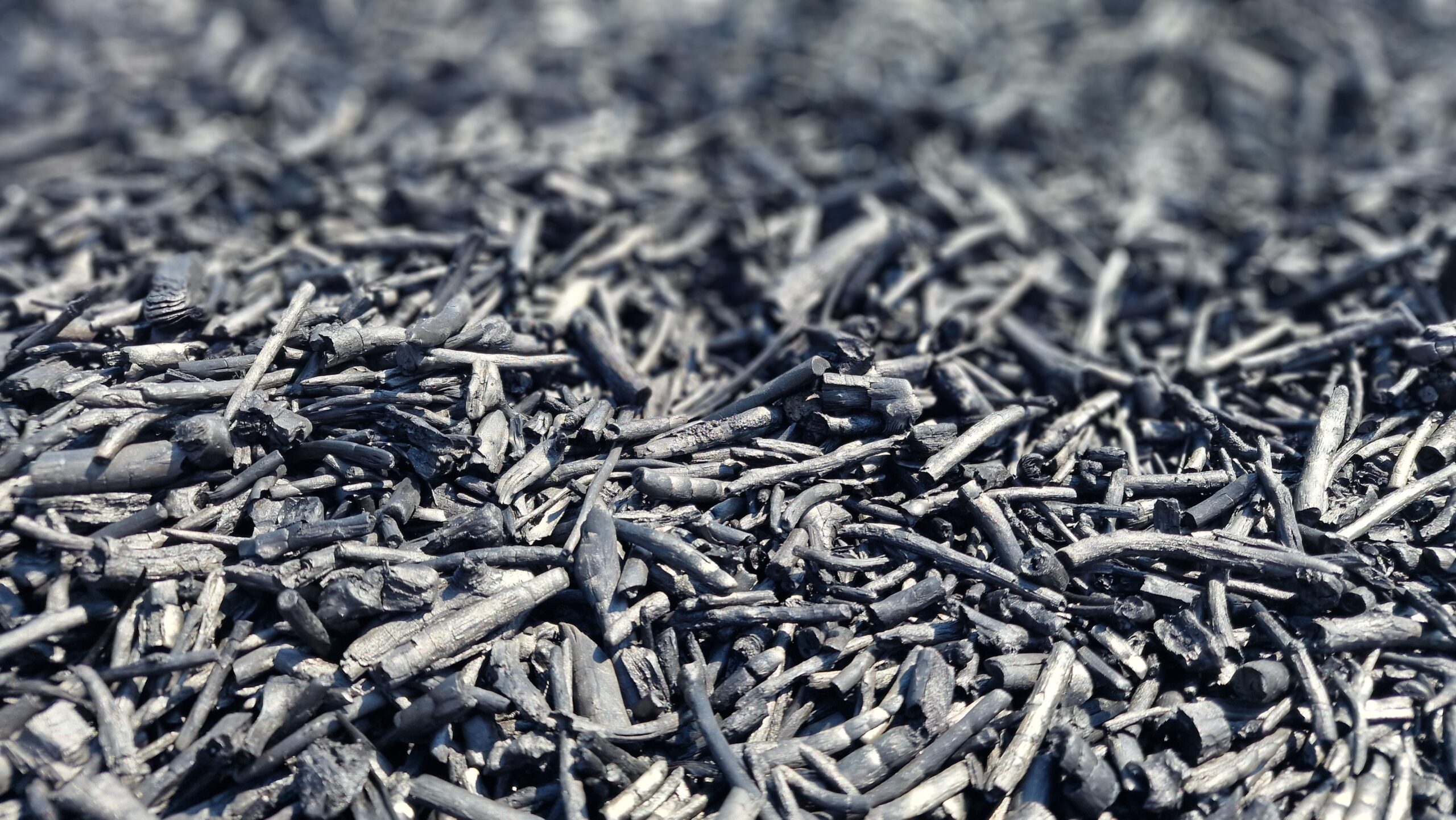The Workshop on the production of biocarbon on a farm scale was an event organised by the Institute of Soil Science and Plant Cultivation – State Research Institute (Puławy, Poland) in cooperation with Łukasz Kopiński, the owner of Ribes Technologies. The event began with a series of theoretical lectures. These presentations provided participants with an in-depth understanding of the BioEco-Up Project and Waste-4Soil Project in a context of ongoing workshop. Experts in the field explained the importance of controlled biomass combustion and carbonization, emphasizing the necessity of cutting off the oxygen supply during the process to maintain the quality of the biochar. They discussed the significant role biochar plays in carbon sequestration and its potential benefits for soil health and crop yields. The expert of Biochar Europe Sp. z o.o. – Jan Gładki introduced participants to an issue that biochar represents a significant opportunity for advancing sustainable development, particularly in the realms of agriculture, climate change mitigation and soil health.
Next, Łukasz Kopiński showed his farm and tackled the issue of automation (like using drones) in proces of black currant cultivation combined with the reduction of pesticide use thanks to precission farming approach. This attitude not only improves the efficiency and productivity of black currant farming but also contributes to sustainable and environmentally friendly practices. Excessive use of pesticides can lead to environmental pollution, harm beneficial insects and wildlife, and contribute to the development of pesticide-resistant pests. By integrating automation with integrated pest management (IPM) strategies, black currant farmers can minimize the reliance on chemical pesticides. Automated pest monitoring systems, such as drones equipped with imaging technology, can detect pest infestations early and accurately. This allows for targeted interventions, such as the application of biological control agents or mechanical pest removal, reducing the need for broad-spectrum pesticides.
Following the theoretical session, participants moved on to the practical segment of the workshop. The hands-on experience started with a demonstration of how to set up the carbonization pit and boiler. Emphasis was placed on the fact that the biomass was gradually added to the boiler, with careful control to avoid generating smoke and to maintain a clean combustion process. Throughout the process, the temperature was monitored to reach approximately 700 degrees Celsius. The experts explained that at this temperature, the biomass undergoes a transformation where gases and oils are burned off, leaving behind high-quality carbon. The participants observed how the biomass was carefully added in small amounts to maintain the temperature and minimize emissions. The workshop also covered the final stages of biochar production. Once the biomass was fully carbonized, the boiler was cooled down by dousing it with water. The experts highlighted the importance of this step in stopping the carbonization process and ensuring the biochar retained its beneficial properties.
In addition to the practical demonstrations, the workshop included discussions on the applications and benefits of biochar. Participants learned about its use in improving soil structure, enhancing water retention, and increasing crop yields. The experts also discussed the potential for biochar to mitigate climate change by sequestering carbon in the soil. Overall, the workshop provided a comprehensive blend of theory and practice, equipping participants with the knowledge and skills needed to produce high-quality biochar. It was a highly informative and engaging experience for all involved.
If you could not attend the workshop, subscribe to our newsletter here and get our education materials soon: https://forms.gle/UZciEH5ukFp31dze7
